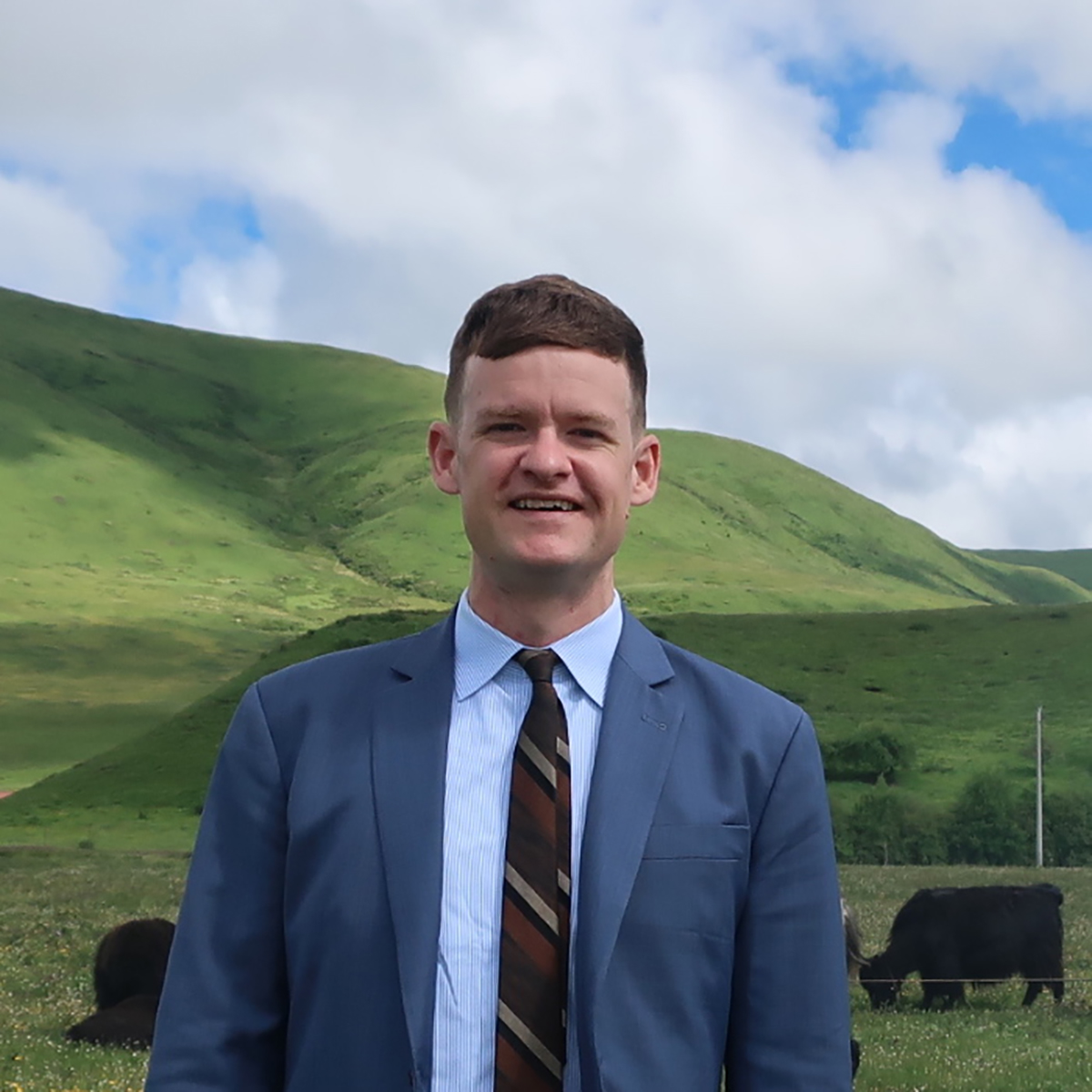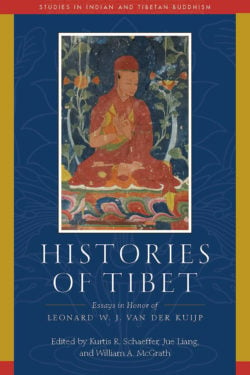William McGrath

William A. McGrath is the Robert H. N. Ho Family Foundation Assistant Professor of Buddhist Studies at New York University, where he teaches in the department of religious studies. His research concerns the historical intersections of religion and medicine in Tibet, and he recently edited the volume Knowledge and Context in Tibetan Medicine (2019).
Books, Courses & Podcasts
Histories of Tibet
The thirty-four essays in this volume follow the particular interests of Leonard van der Kuijp, whose groundbreaking research in Tibetan intellectual and cultural history imbued his students with an abiding sense of curiosity and discovery.
As part of Leonard van der Kuijp’s research in Tibetan history, he patiently and expertly revealed treasures of the Tibetan intellectual tradition in fourteenth-century Tsang, seventeenth-century Lhasa, or eighteenth-century Amdo. The thirty-four essays in this volume follow the particular interests of the honoree and express the comprehensive research that his international cohort has engaged in alongside his generous tutelage over the course of forty years. His inquisitiveness can be experienced through every one of his writings and can be found as well in these new essays in intellectual, cultural, and institutional history by Christopher Beckwith, Yael Bentor, the late Hubert Decleer, Franz-Karl Ehrhard, Jörg Heimbel and David Jackson, Nathan Hill, Isabelle Henrion-Dourcy, Matthew Kapstein, Todd Lewis, Kurtis Schaeffer, Peter Schwieger, Gray Tuttle, Pieter Verhagen, Michael Witzel, and others.
Learn more about the Studies in Indian and Tibetan Buddhism series.

